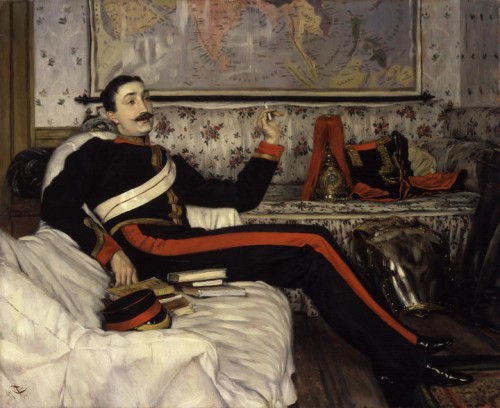Assume there is something called The American Way of Life. The phrase is meant as a shorthand for our culture, society, laws, economy, what have you. It is meant to capture those features of our life here that make us distinct — not unique necessarily, others may share some of these features. These are things that an honest (friendly, hostile, or neutral, but hwhat it is, these are things that make America different from other places, these are the things that capture the essence of what America is.” These should be distinct factors in the world of today, though there historical roots may be relevant.
I have my own ideas, but I am finding myself dissatisfied with my list, which I will share at some future point.
Anyone reader willing to play along with me, please leave a comment. I want no fewer than three, no more than ten, factors or elements or items, each stated in about one sentence. It can be a good, bad or neutral thing in each case. It can be humorous or serious, but I am actually serious about formulating this list. You can cite to books or other sources if you wish. You may rely on just your firsthand observation. The points may be expressed idiosyncratically, but they should be ones that reasonable people would be likely to agree on, or at least take seriously as contenders.
So: What is the American Way of Life?
UPDATE: Interesting set of answers so far. My list, not final, is something like this:
1. America has an ideology of free, independent individuals, and this self-image, and the conduct associated with it, are deeply rooted in our culture.
2. The foundation of this culture is the nuclear family, which creates enterprising and self-reliant families and individuals, and this type of family is different from the family types found in other cultures, which create expectations of dependency and which make lifelong demands on the person, denying independence and taking away incentives to advance oneself.
3. The origins of this culture are in England, transmitted to us by the English colonists, and subsequent waves of migration have largely adapted themselves to it, and we expect others emigrating here to similarly adapt themselves to it.
4. Americans are egalitarian, believing that social classes either don’t exist, or should be open to entry by anyone, and that the rewards of life should be available to all, but granted to those who have earned them, or had good fortune, in an open, competitive process.
5. Americans have middle-class values, generally disliking the culture associated with poverty and not respecting the culture associated with unearned wealth. Americans want to own their own homes, and expect that their home is their castle. They built the suburbs because they like the life of the suburbs.
6. Americans want the freedom to come and go as they please, including by automobile.
7. Americans believe that major disputes should be solved by operation of law, that the legal system should be fair, that people should not have to make bribes or use self-help or personal violence to defend themselves or to solve major disputes. Nonetheless, Americans insist on having access to lethal force to defend their homes and themselves.
8. Americans believe that major economic decision should be made by individuals or voluntary groups, such as business corporations, not by the government.
9. Americans believe the government exists to protect them, their homes, their families, and their material well-being. They have low expectations about what governments can accomplish, and tend to distrust it. They expect government to operate reasonably honestly and transparently, and without excessive corruption.
10. Americans are empiricists, practical-minded, open to technology, and optimistic about the prospects of material progress. Americans are realists about the defects of human nature and are not utopian.
Each of the foregoing seems to me to be pretty distinct, and pretty unusual, with the partial exceptions of the rest of the Anglosphere, and to a lesser degree parts of Europe. Of course, many people do not think this way. But I think the bulk of middle-class Americans more or less fall within the broad sketch I have outlined above.
I am still tinkering with this. Do you think I am wrong about any of these? Have I missed anything major?
UPDATE II: I somehow deleted this post, and had to repost it, copying the text from Google cache. Thanks, Google! I apologize for losing the many excellent comments. I hope people will offer further comments, based on my first update.
